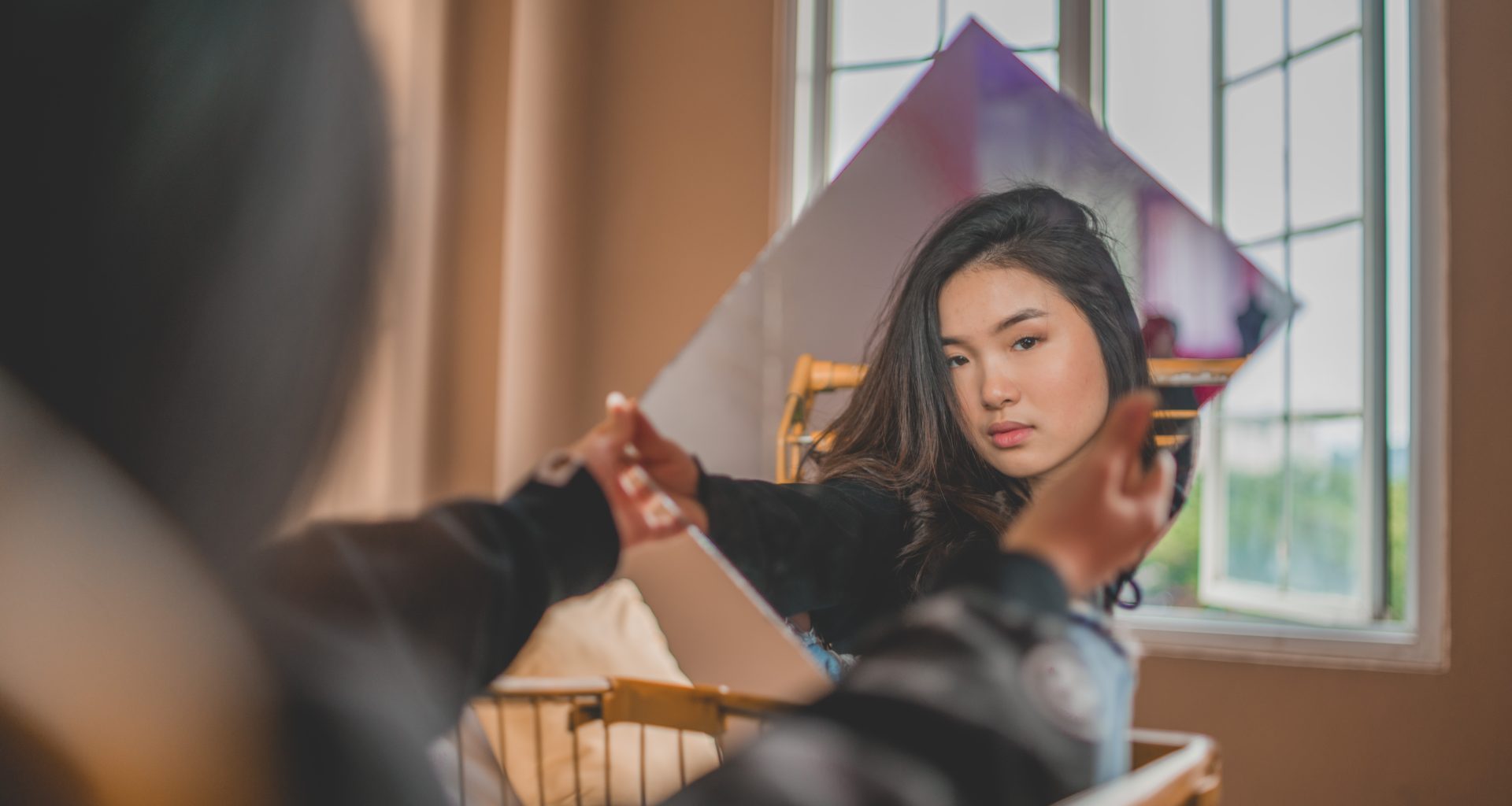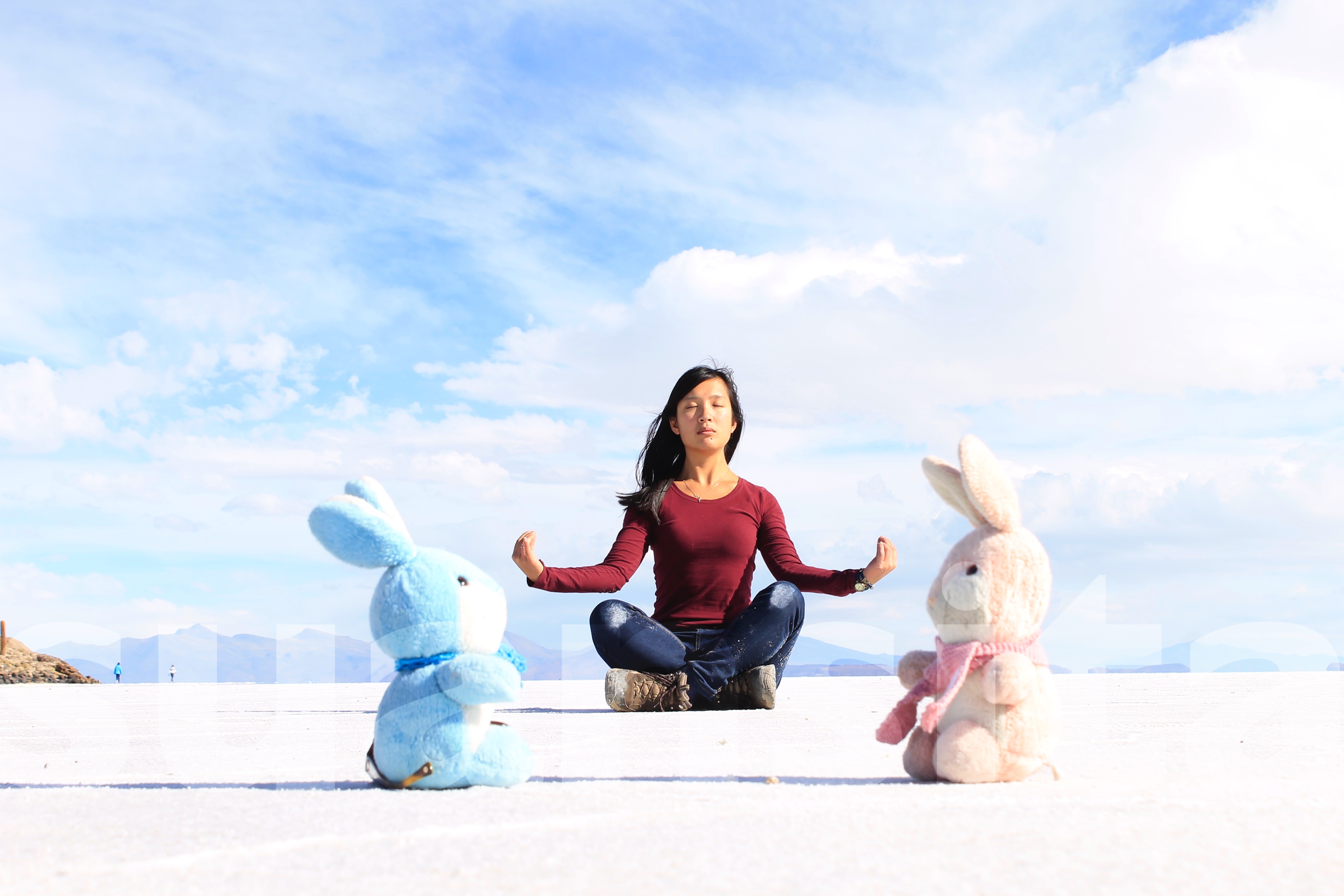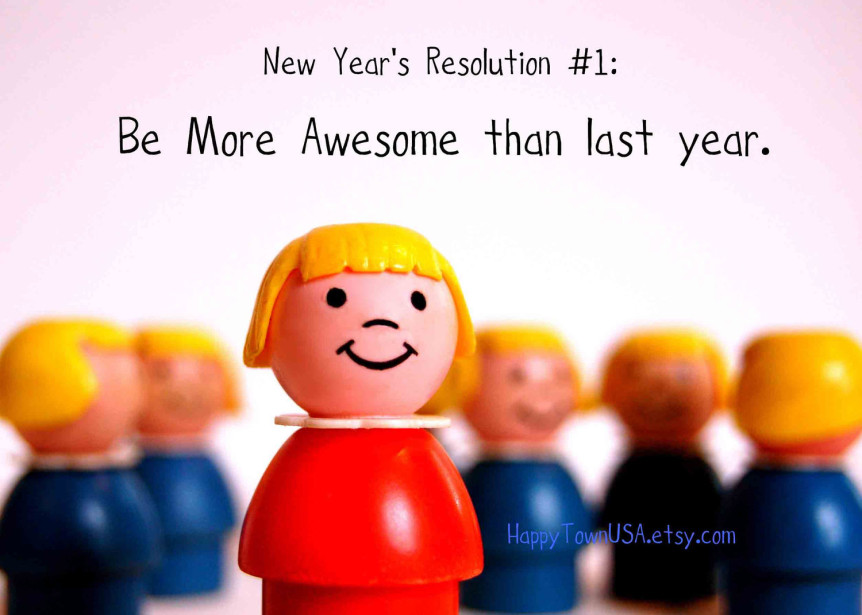If I’m honest, I’m probably more proud of my parents’ law degrees than they are of mine. I’m also proud of the fact that their English is excellent and they speak it better than the parents of many of my Asian friends and acquaintances. I’m proud that both Mum and Dad studied abroad.
I am proud of these things in myself, too.
I am proud of my English, possibly more than I am of my writing specifically. Ridiculously, I have on more than one occasion invented entire dialogues in which I challenge fictional racists to an English exam and whoop their asses.
I am proud of my Spanish – the fact that I speak it, though it has no real practical function for me here in Australia. I am proud to the point where I have, more than once, concocted scenarios in which unwitting native speakers say mean things about me on public transport and I come up with a ripper of a comeback, letting them know in no uncertain terms that I understood it all. (I am yet to come up with the specifics of this comeback).
I am proud of these things because they challenge the immigrant stereotype. They reinforce my chosen, curated identity as a cosmopolitan individual who will not be pigeonholed.
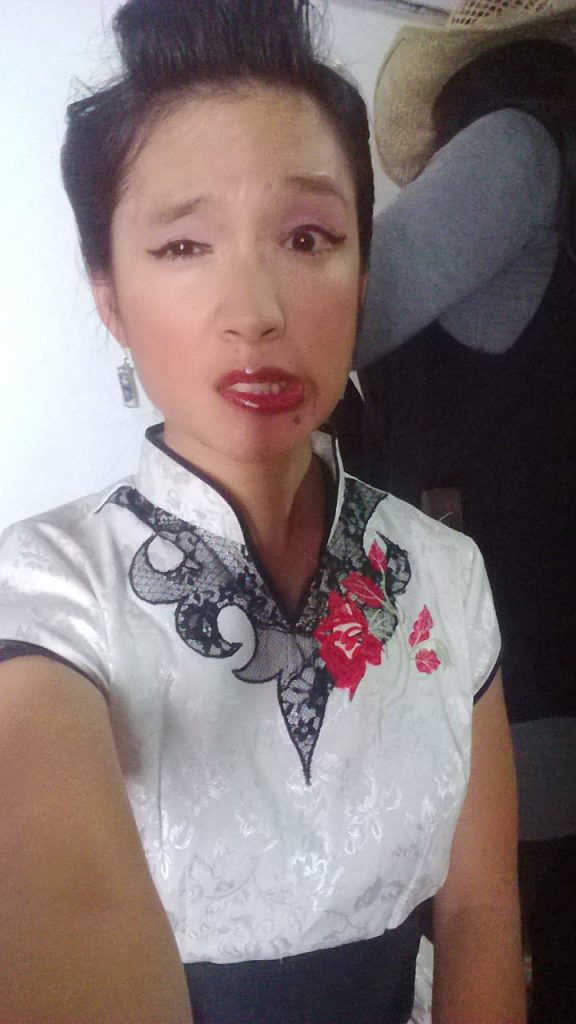
Incidentally Asian
When I was little, my parents and extended family used to call my sister and me “bananas” because our Cantonese was so poor.1 It was quite hurtful at the time, like there was something wrong with me, some defect or failure on my part.
There was also a time in my childhood when my plan, when I grew up, was to go and live and work in Malaysia. I don’t know if the motivation was to rectify my banana status, or if I had some wanderlust even then.

But by the time I was a teenager I had accepted the fact that I was yellow on the outside and practically white on the inside. As an adult? Well, you’ve read the first paragraphs of this piece.
While my parents are obviously Asian and often behave in ways consistent with stereotypes, they’ve never leaned on culture to explain any of the decisions they make. Cantonese was my first language but they didn’t send me to Chinese school and it fizzled out of use in our household. The minimal traditions we observe – Chinese New Year dinners, red packets at birthdays and weddings, particular titles of respect for each member of my extended family – are facts of life without being particular sources of pride.
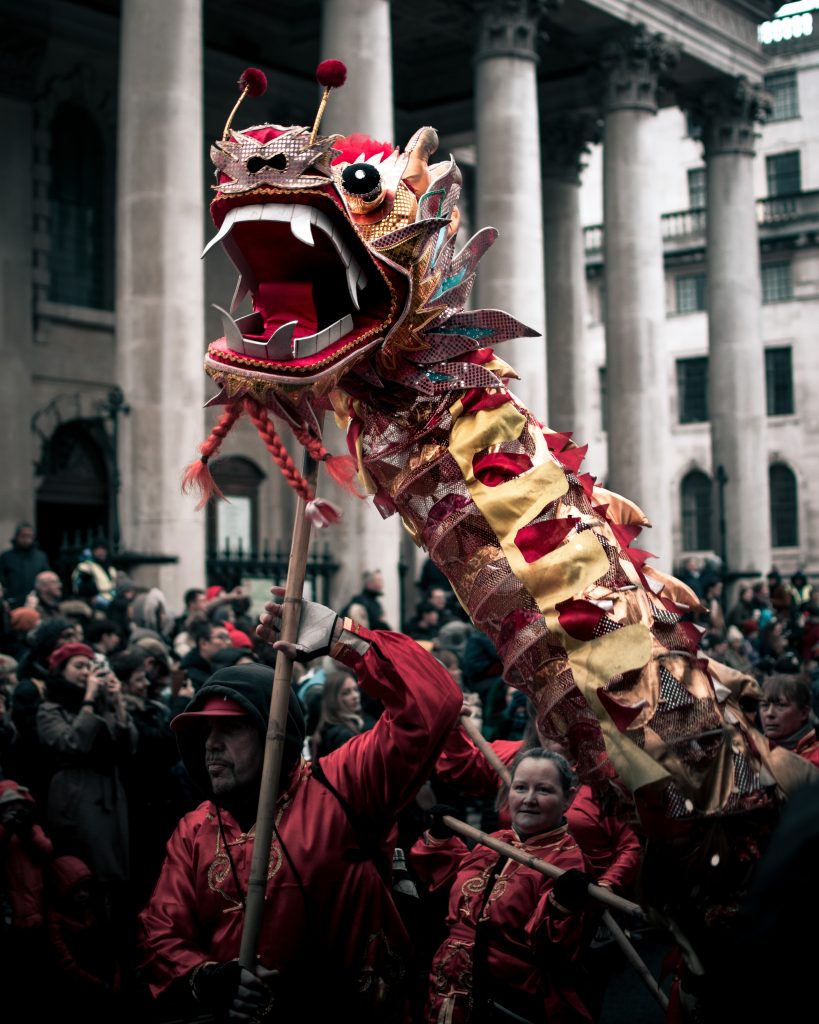
So I didn’t grow up feeling much of a sense of “us and them”, or of being in two worlds.
The allure of the West
In Australia, I have seen Asians who only hang out with Asians; Asians who joke self-consciously about their Asianness; Asians who are obsessed with anime, manga and/or K-dramas; Asians who think dating a “white” girl would be punching above their weight. That wasn’t me and I didn’t want to be that.
I was, instead, always drawn to Western, especially European history, culture and language. For many years, I enjoyed studying the Indonesian language and the culture that came with it – but it didn’t capture my imagination the same way Spanish did when I started classes in my late teens.
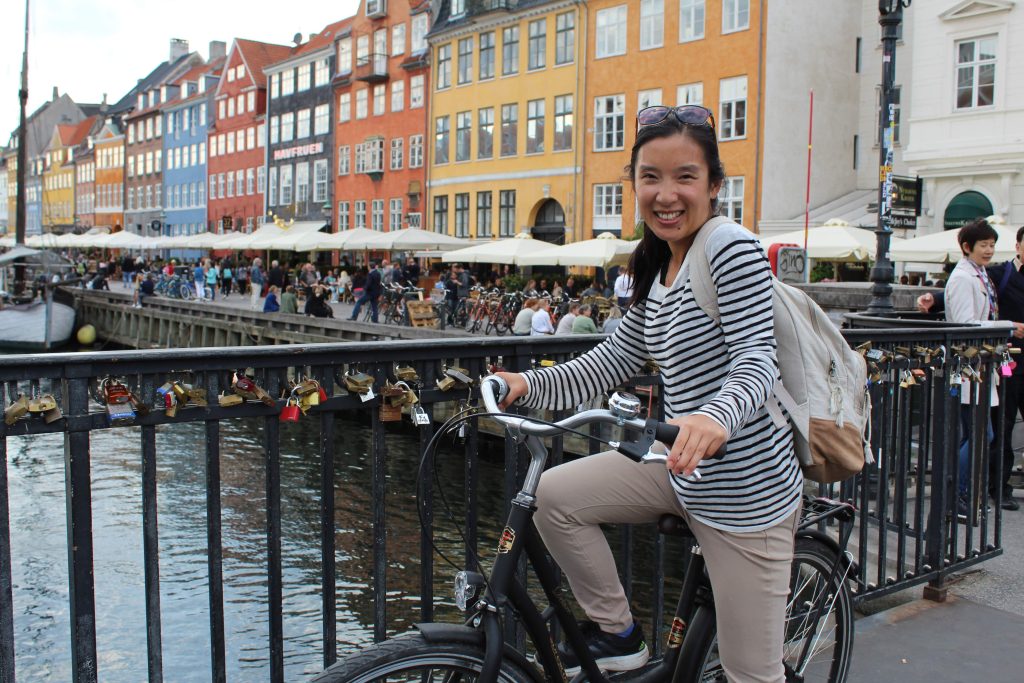
Anyone who knew me even a little probably knew I was never going to end up with an Asian guy – I thought my future husband would be a weedy white guy, despite the Caucasian Man-Asian Woman pairing being extremely common. (I married a not-so-weedy Middle Eastern guy, which I didn’t see coming but is pleasingly consistent with not being pigeonholed.)
What then, racial politics?
This, then, is a window into how I have processed and managed my ethnicity in this country. Basically, I’ve tried to make my being oriental incidental.2
I have wondered whether that makes me precisely the kind of immigrant that conservative Australians want more of. Surely bananas like me are the poster child for assimilation.
Has my identity been colonised then? Critical race theory might make such an argument. But the truth is I feel neither marginalised nor brainwashed. Though if I were brainwashed, I wouldn’t know, would I …
It’s strange for me to see how racial identity has been politicised in recent years. As I wrote in my recent review of Babel, or the Necessity of Violence: An Arcane History, by R.F. Kuang, it seems we’re in a period of rediscovering cultures obliterated by colonisation. We’re seeing a narrative about assimilation being an act of violence.
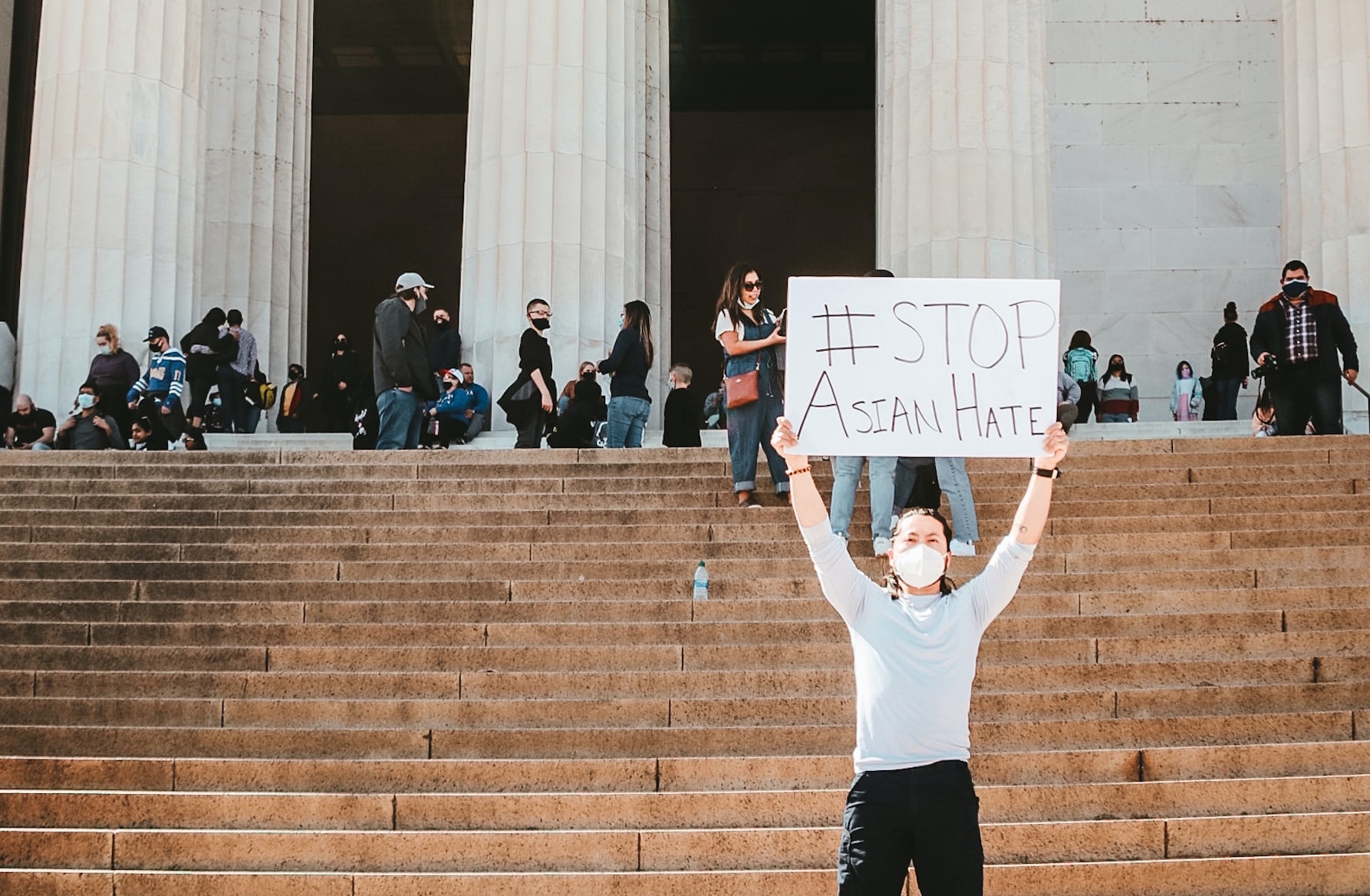
None of that really resonates with me, if I’m honest. Which is a weird thing to feel, knowing and understanding that most people of colour are probably not like me. I know that many (maybe you, dear reader) have been marginalised in a way I simply haven’t experienced. I’m not saying Asian Lives Matter doesn’t matter. They/You may be finding it liberating to feel pride rather than shame in your cultural background.
Meanwhile I feel … neither.
Transcendence … or a lack of intercultural intelligence
I suspect that for a long time I made most of my decisions based on a vision of who I didn’t want to be. It wasn’t that I wanted to be white, or even that I wanted to be anything but Asian, but that I didn’t want my ethnicity to define me. I wanted to be more than my ethnicity, my gender, my intellect.
My desire has been to transcend stereotypes, expectations, classification. That’s what has driven me so often to the road less travelled.
And I wonder if it’s driven me also to Jesus. The Bible and the life and message of Jesus are all about transcendence. In him, there is
“no Gentile or Jew, circumcised or uncircumcised, barbarian, Scythian, slave or free, but Christ is all, and is in all.”
Colossians 3:11 (NIV)
This is probably why my “intercultural intelligence” score is average, despite my cross-cultural experience and adaptability being quite extensive. I do de-emphasise differences.
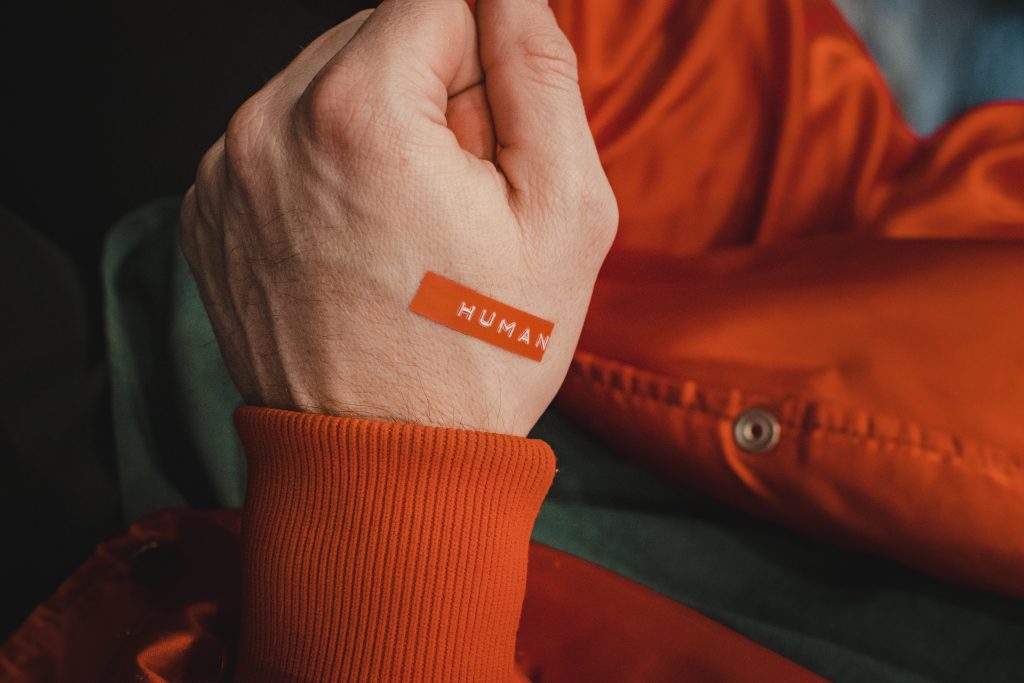
This is not to say that I believe our backgrounds and contexts to be irrelevant. Our differences matter and early Christians wrestled with this. I absolutely agree there are many ways in which Western ideas have been absorbed into Christianity as if they were God-ordained. I was challenged by a Spanish missionary-turned-anthropologist describing how bread and wine aren’t universal and as sacraments did not make sense to the Cameroonian tribe with which he lived. I am fascinated by how church can have such diverse expressions around the world.
But the powerful truth in Paul’s letter to the Colossians – what resonates most with me – is that none of these things determine our value or our place in God’s family. This truth about my identity has given me not only solace but a deep sense of freedom, direction and motivation in my life.
*
How has your ethnicity affected your identity? Whatever your background, and whether you’re in the majority or minority where you live, I’d love to hear about your experiences and thinking. Please do let me know in the comments or via email!
- This piece by Aala Cheema offers an interesting reflection on language attrition. Like me, she came to Australia speaking only her mother tongue but lost the language in pursuing excellence in English. ↩︎
- This is why I found Always Be My Maybe such a bizarre experience. ↩︎
Header image: Yoel Peterson.

